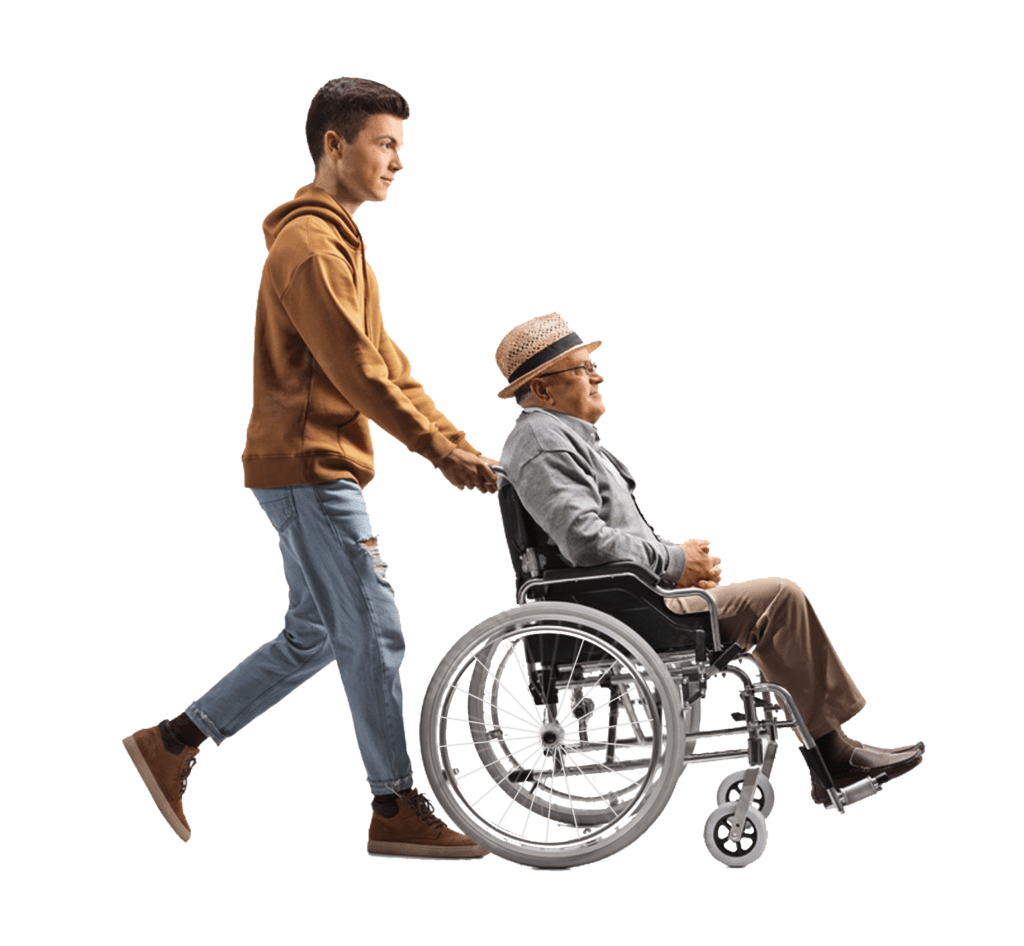
Elder care | 24 /7 Caring Support
Elderly Care home
In today’s fast-paced world, the need for reliable elder care has never been more critical. As our loved ones age, they often require round-the-clock assistance and support to maintain their quality of life. At Sparrows Elder Care 24/7, we understand the challenges families face when caring for aging relatives. That’s why we’re dedicated to providing compassionate and comprehensive care services to seniors in need.
Understanding Elderly Care Homes
Definition and Purpose
Elderly care homes, also known as senior living facilities or retirement homes, are designed to support older adults who need varying levels of assistance with daily activities. These homes provide a safe environment where seniors can receive the care they need while maintaining as much independence as possible.

Assessing the Needs of Your Loved One
Physical Needs
Consider the physical capabilities and limitations of your loved one. Do they need help with mobility, personal hygiene, or other daily activities?
Medical Needs
Evaluate their medical needs, including any chronic conditions, medication requirements, and the need for regular medical care.
Emotional and Social Needs
Emotional well-being is crucial. Ensure the facility offers social activities, mental health support, and opportunities for interaction to prevent isolation and depression.

How to Find the Right Elderly Care Home
Research and Recommendations
Start with thorough research. Look for reviews, ask for recommendations from friends, family, and healthcare providers, and check online resources.
Visiting and Touring Facilities
Visit multiple facilities to get a feel for the environment. Pay attention to cleanliness, the friendliness of staff, and the happiness of residents.
Asking the Right Questions
Prepare a list of questions about staff qualifications, care plans, resident activities, and any other concerns you may have. This will help you compare options effectively.

Financial Considerations
Costs and Pricing Models
Understand the cost structures of different care homes. Some may charge a flat rate, while others have a tiered pricing system based on the level of care required.
Insurance and Medicare/Medicaid
Check what costs are covered by insurance, Medicare, or Medicaid. This can significantly impact your financial planning.
Financial Planning and Assistance
Explore financial planning options and assistance programs that can help manage the costs of elderly care.
Legal and Ethical Considerations
Resident Rights and Regulations
Ensure the facility complies with state and federal regulations regarding resident rights. This includes the right to privacy, autonomy, and proper care.
Ethical Care Practices
Look for care homes that adhere to ethical practices, such as transparent communication, respect for residents, and family involvement in care decisions.

Activities and Social Engagement in Care Homes
Importance of Social Interaction
Social interaction is vital for mental and emotional health. It helps prevent loneliness and keeps the mind active.
Common Activities Offered
Care homes typically offer a variety of activities, such as arts and crafts, exercise classes, games, and outings to keep residents engaged and entertained.
Encouraging Participation
Encourage your loved one to participate in these activities to build new friendships and stay active.
Health and Wellness Programs
Fitness and Exercise Options
Many care homes offer fitness programs tailored to seniors, including yoga, tai chi, and walking groups, which help maintain physical health.
Nutritional Plans
Balanced meals are essential. Ensure the facility provides nutritious, varied, and delicious meal options.
Mental Health Support
Access to mental health professionals and programs like counseling or therapy can help address issues like anxiety or depression.

6500+ happy Patients
"Join over 6,500 happy patients and discover exceptional care." "With over 6,500 satisfied patients, we demonstrate our dedication to delivering quality service."
What Our Customers say
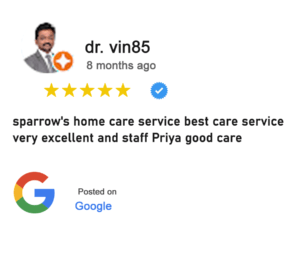
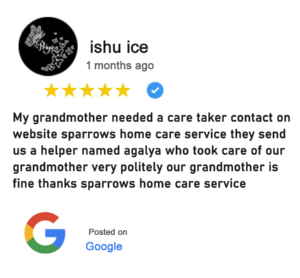





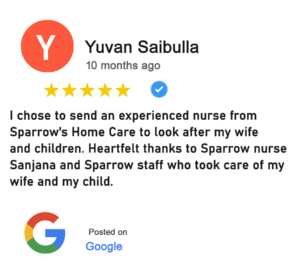
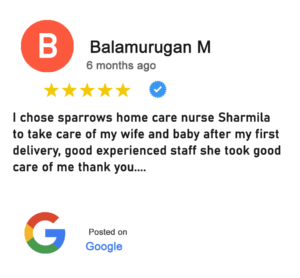
Family Involvement and Communication
Staying Connected with Your Loved One
Maintain regular communication through visits, phone calls, and video chats. It reassures your loved one and keeps you informed about their well-being.
Regular Visits and Communication
Frequent visits help your loved one feel supported and allow you to monitor their care.
Participating in Care Decisions
Stay involved in care planning and decisions to ensure your loved one’s needs and preferences are met.

Technology in Elderly Care Homes
Role of Technology in Modern Care Homes
Technology can enhance care quality and resident experience. Look for facilities that use technology for medical monitoring, communication, and entertainment.
Examples of Beneficial Technologies
Examples include telemedicine, emergency alert systems, and digital platforms for activities and family communication.
Common Challenges and How to Overcome Them
Adapting to a New Environment
Give your loved one time to adjust to the new setting. Patience and support are key.
Addressing Concerns and Complaints
Encourage open communication. Address any issues promptly with the facility management to ensure continuous quality of care.
Ensuring Continuous Quality of Care
Regularly review care plans and stay in touch with the staff to ensure your loved one’s needs are consistently met.
Conclusion
Choosing an elderly care home is a complex but crucial decision. By considering all aspects—from the type of facility to financial and emotional needs—you can find a place where your loved one will thrive. Remember to stay involved and supportive to make the transition smoother.


